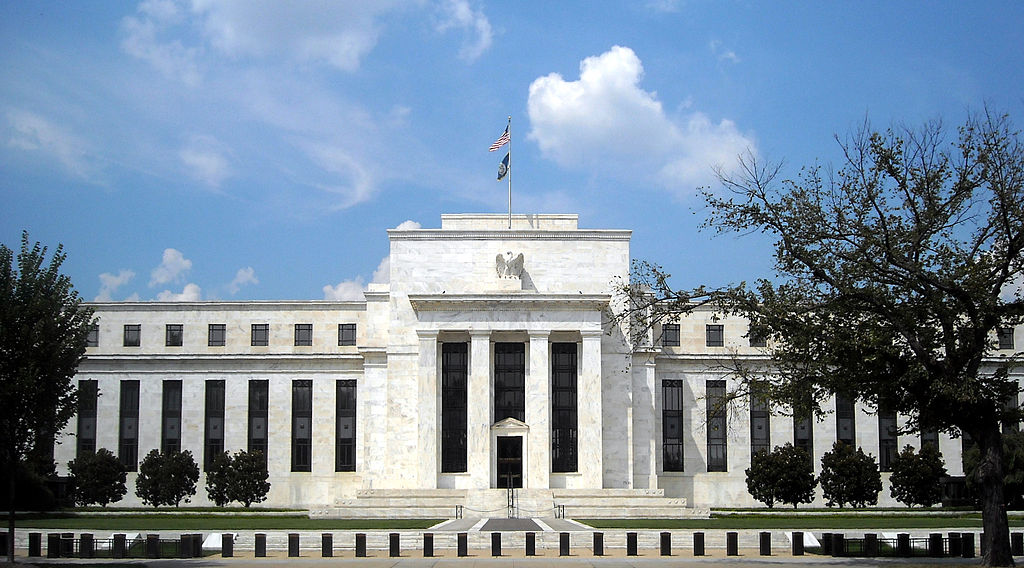Michael S. Barr will step down from his position as vice chair for supervision of the Federal Reserve Board. His resignation is effective Feb. 28, or until a successor is confirmed, the board announced Monday.
Barr, who has served as vice chair for supervision since July 19, 2022, submitted his letter of resignation to President Joe Biden. He’ll continue to serve as a member of the Federal Reserve Board of Governors.
The Fed confirmed in its announcement that its intention is to not make any major banking regulatory decisions — namely anything related to Basel Endgame — until Barr’s successor is appointed. President-elect Donald Trump can nominate a new vice chair among other current governors.
Barr’s move comes after a Reuters report indicated he “sought legal advice to explore his options against any attempts by President-elect Donald Trump to remove him.”
“It has been an honor and a privilege to serve as the Federal Reserve Board’s vice chair for supervision, and to work with colleagues to help maintain the stability and strength of the U.S. financial system so that it can meet the needs of American families and businesses,” Barr said in a statement.
“The position of vice chair for supervision was created after the Global Financial Crisis to create greater responsibility, transparency, and accountability for the Federal Reserve’s supervision and regulation of the financial system.”
“The risk of a dispute over the position could be a distraction from our mission,” he added. “In the current environment, I’ve determined that I would be more effective in serving the American people from my role as governor.”
Barr has recently pushed for the Federal Reserve to have the power to regulate and enforce laws against cryptocurrency issuers in the U.S., a move criticized by Republicans. Barr was also instrumental in outlining a plan to raise the capital requirements for big banks by 9%, as well as conducting an extensive review process of the Basel III Endgame proposal.
As vice chair for supervision, Barr oversaw the supervision and regulation of financial firms in the board’s jurisdiction. Prior to his appointment, he held multiple positions at the University of Michigan for several decades, including as the dean of the Gerald R. Ford School of Public Policy and as a professor of law, teaching financial regulation and international finance.
Barr also served the U.S. Department of the Treasury several times in senior policy roles, and he previously clerked for U.S. Supreme Court Justice David H. Souter. He has degrees from Yale University, Oxford University and Yale Law School.

